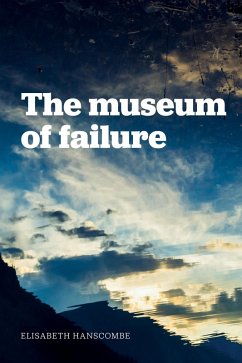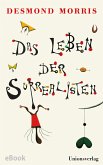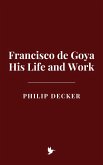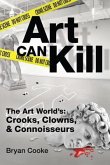When it comes to trauma, our experience of the past impinges on the present. We're haunted. Unable to enjoy life, our inner thoughts begin to resemble a museum of failure.
Elisabeth was ten years old when she first wished her father dead. If he was dead, there'd be no more troubles. The things he did to her sister in the night left her fearful of when her turn would come. She looked to her mother, who was immobilised with terror, and unable protect her children. She escaped in Catholicism and books.
As an adult, Elisabeth turned to helping people from families like hers. She climbed the ranks of psychology into the silent chambers of the psychoanalytic world. Psychoanalysis helped her make sense of her mind and emotional scars. Like her father and the predatory priests, the analysts commanded respect, even as they too behaved in ways that made little sense. Rule bound, rigid and yet arbitrary.
Unlike Mrs Milanova, the personal analyst in whom Elisabeth found a model for how to be the best clinician possible. But after three years, and for reasons unknown to her, the analysts dismissed Elisabeth from their training to become one of them.
To ease her pain and make sense of this rejection she discovered links between her anger towards her father's abuse, the priests, and the psychoanalytical society. Priests and analysts espouse abstinence in their work but in their hypocrisy and grip on patriarchal power, they can gratify themselves at the expense of vulnerable others. In secret, like her father.
This is the story of how the analytical patriarchy, in its zeal to be more Freud-like than Freud, inspired Elisabeth's drive to understand and undo the damage. It is also the story of how literature overrides hypocrisy, and speaks to the personal and feminine, enriching them with meaning.
Ultimately, this story is about a refusal to be complicit, of breaking old silences and the necessity of fully claiming one's own life.
Dieser Download kann aus rechtlichen Gründen nur mit Rechnungsadresse in A, B, CY, CZ, D, DK, EW, E, FIN, F, GR, H, IRL, I, LT, L, LR, M, NL, PL, P, R, S, SLO, SK ausgeliefert werden.









